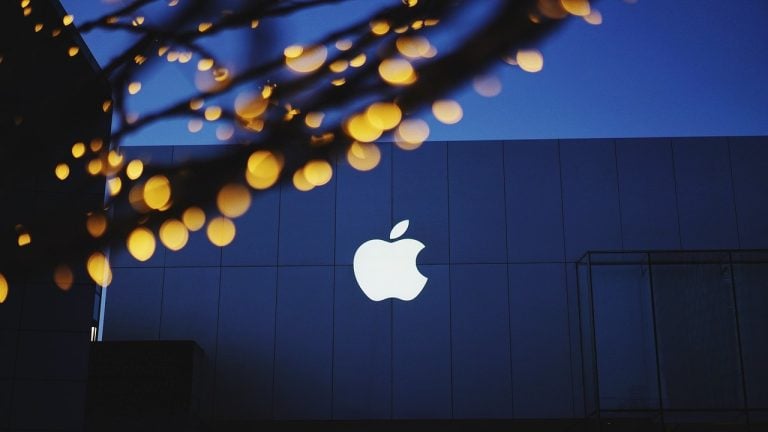
Representatives Gus Bilirakis and Jan Schakowsky, part of the House Innovation, Data, and Commerce Subcommittee, have sent a letter to Apple requiring information and documents regarding Apple’s iOS Appstore policies on blockchain, non-fungible tokens (NFTs), and distributed ledger technologies. The representatives believe Apple’s policies might “limit innovation and American technology leadership” in these areas.
Bilirakis and Schakowsky Inquire About Apple’s Blockchain Policies
Representatives Gus Bilirakis and Jan Schakowsky have sent a letter to Tim Cook, CEO of Apple, requiring information about the rules on the iOS App Store regarding emergent technologies such as blockchain, non-fungible tokens (NFTs), and other distributed ledger technologies.
In the letter, they express their concern about Apple’s walled garden policies’ effect on the development of apps using these tools, which might hurt innovation from American companies in this area. Furthermore, they also state Apple appears to have used “its App Store guidelines to increase its own profits and reduce the utility of apps in blockchains, NFTs, and other blockchain-related technology.”
To illustrate this point, Bilirakis and Schakowsky remember Apple’s position while enforcing its policies against Coinbase Wallet in December. At the time, Apple disabled NFT transactions in the Ios version of the app, requiring blockchain fee payments to go through their in-app purchase system to collect 30% of each transaction.
Coinbase Wallet rejected this rule due to feasibility problems. At the time, it declared:
For anyone who understands how NFTs and blockchains work, this is clearly not possible. Apple’s proprietary in-app purchase system does not support crypto so we couldn’t comply even if we tried.
This 30% cut was part of the legal battle between Apple and Epic Games when the latter tried to sidestep the payment of this fee by offering direct purchases of Fortnite’s V-bucks, the game’s official token, through means different from Apple’s system. The anti-payment steering rules issue is still being litigated.
The representatives also touched on the case of Axie Infinity, a popular play-to-earn game that had to launch a limited version of its app on Ios. This “lite” version excluded core NFT functionality and is still unavailable for U.S.-based users.
Finally, Bilirakis and Schakowsky stated:
It is essential that Congress fully understand the App Store guidelines and the extent to which these guidelines limit innovation and impact American technological leadership. We want to create a level playing field within the industry so that American ingenuity can continue to thrive.
Apple’s Tight Crypto Rules
Apple announced this set of tight blockchain rules in October, detailing that apps “may not use their own mechanisms to unlock content or functionality,” including crypto and NFTs. Also, all of the NFT sales offered by these apps might go through Apple’s in-app purchase system, so long as these don’t present “buttons, external links, or other calls to action that direct customers to purchasing mechanisms other than in-app purchase.”
What do you think about Apple’s blockchain and NFT policies? Tell us in the comments section below.
Bitcoin News
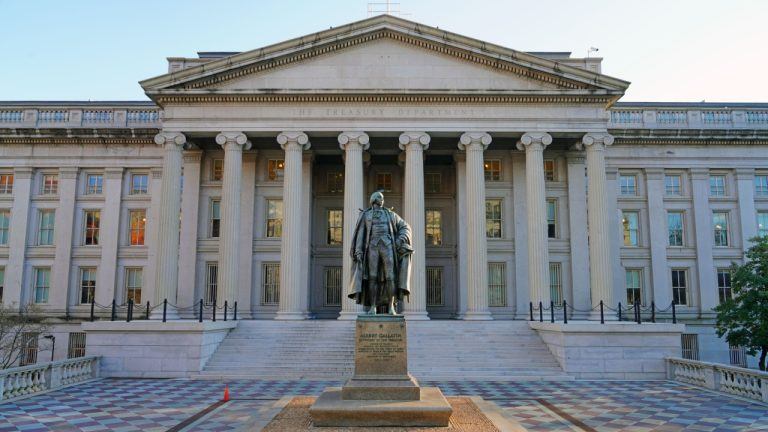
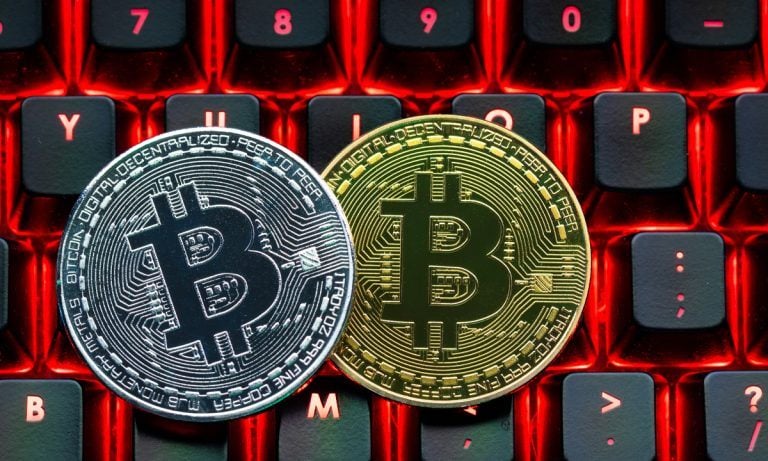


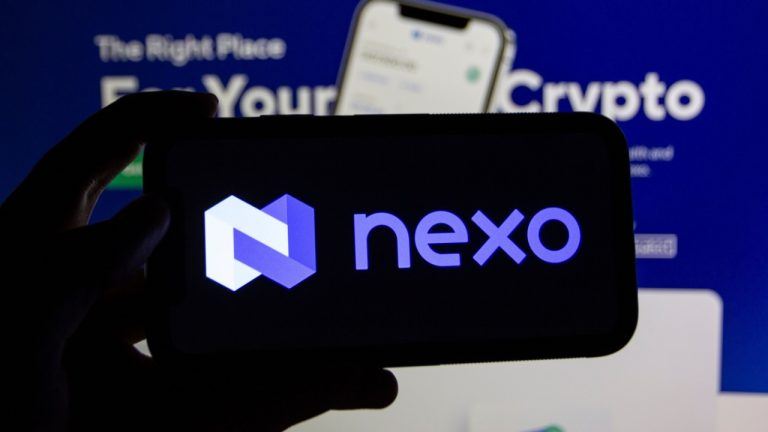
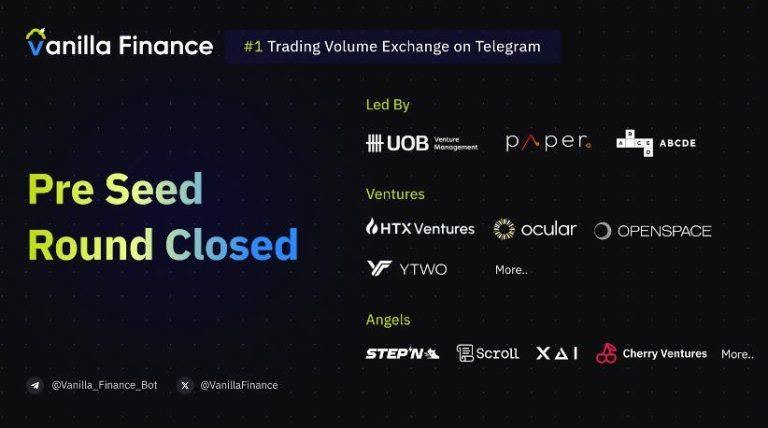


Leave a Reply